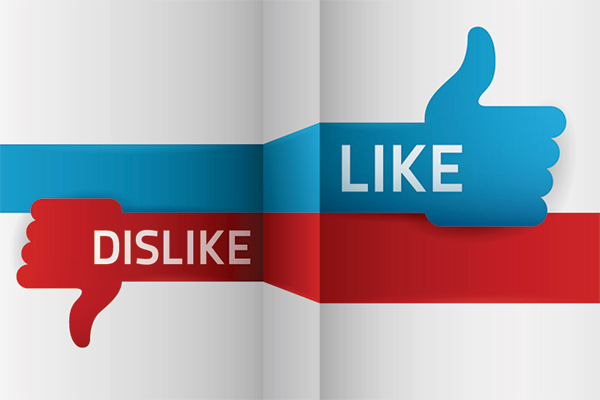Hard to believe, I know, but a study at Cologne university suggests that cinema advertising has no impact on people eating popcorn.

The story was reported in yesterday's Guardian and developed in a bit more detail on Phys.org. The idea is that most audio-visual adverts work by making us subtly and imperceptibly repeat the sounds we are hearing as 'inner talk', and chewing gets in the way of that:
From Philip Oltermann at the Guardian: "The reason why adverts manage to imprint brand names on our brains is that our lips and the tongue automatically simulate the pronunciation of a new name when we first hear it. Every time we re-encounter the name, our mouth subconsciously practices its pronunciation."
And this is not just one cute study. The sample was originally relatively small - 96 people - but there was a second study with 188 which confirmed the effect. So I am intrigued, and although I wouldn't yet put it up there with Newton's second law in terms of scientific credibility, it is another illustration of how much is happening physiologically and unconsciously, and how little 'consumer choice' really means in the context of pervasive advertising.
If it does prove to be true that chewing (and not just popcorn!) immunises us against cinema adverts, it would be quite amusing, and also potentially quite dark.
Cinemas rely on advertising revenue- they need people to be susceptible to its influence. So just like Charlie Brooker's bleak picture of the future in 'Fifteen Million Merits' where we are stuck in cubicles and not allowed to avert our eyes from adverts, you can almost imagine a dystopic future where people are searched for chewing devices before entering the cinema...
Almost, but not quite.
Follow me on twitter: @jonathan_rowson
Related articles
-
How can we give up bad habits for good?
Ian Burbidge
With the post-Christmas resolutions looming, when we try to address the worst of our seasonal over-indulgences, the question remains: how can we give up bad habits for good?
-
Why fake news doesn't swing elections
Tony Greenham
Fake news doesn’t swing elections, but neither does ‘truth’. We have always filtered new information to fit our existing prejudices. The real danger to our democracy is not an absence of truth, but an absence of trust.
-
Tell me a story? Or give me the figures?
Nathalie Spencer
What is the best way to influence stakeholders and generate change? Different approaches to generating change have different strengths, when should each be used to the best effect?




Be the first to write a comment
Comments
Please login to post a comment or reply
Don't have an account? Click here to register.